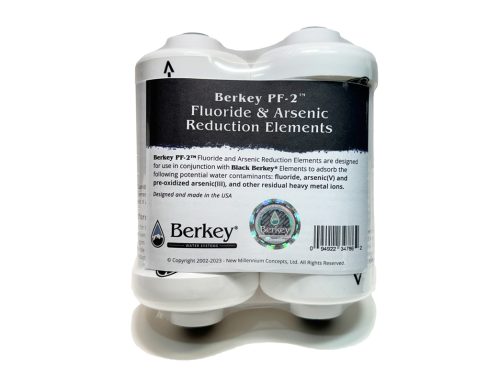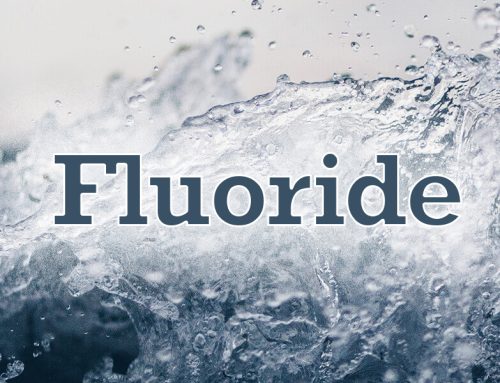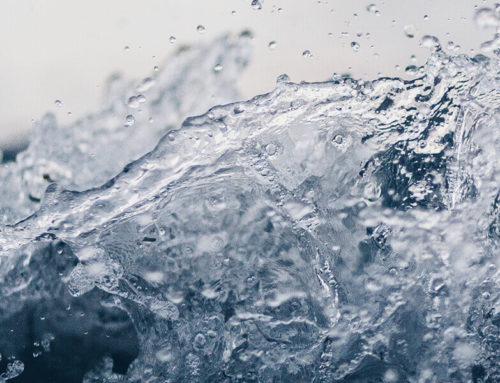A new study commissioned by the World Wide Fund For Nature (WWF) and led by researchers at the University of Newcastle, Australia found that humans are eating about 5 grams of microplastics each week, or about the weight of a credit card. That adds up to more than 250 grams annually. For comparison, a small paper clip weighs about one gram.
Researchers examined more than 50 studies on microplastics. They found that of the estimated 2,000 pieces of plastic humans consume weekly, over 1,700 come from bottled and everyday drinking water. Shellfish, beer and salt also contain plastic pieces, but in far smaller amounts.
Plastic is found in many of the products we use every day. When plastics break down, they can degrade into much smaller pieces called microplastics. Microplastics are tiny pieces of plastic that are less than five millimeters in length (about the size of a sesame seed). Unfortunately, many of these microplastic pieces find their way into our oceans and water supplies.
The long-term effects of ingesting plastics are not known at this time, but there are many studies underway to help scientists better understand the issue.





